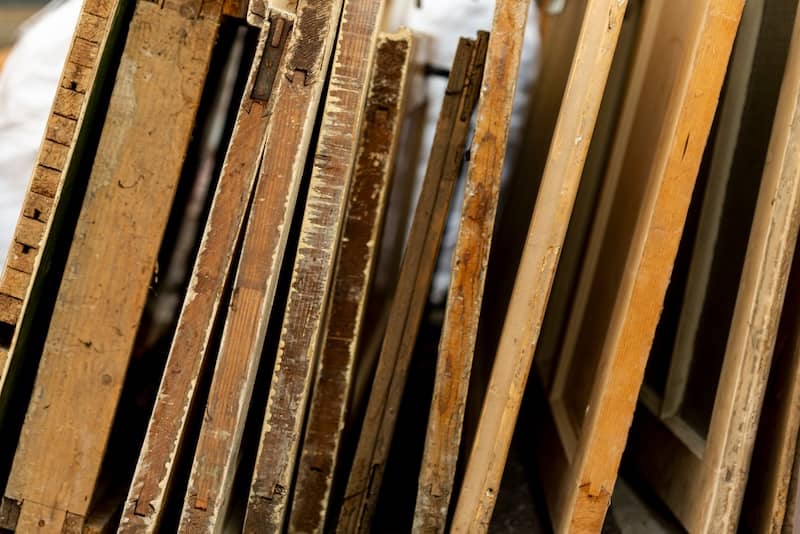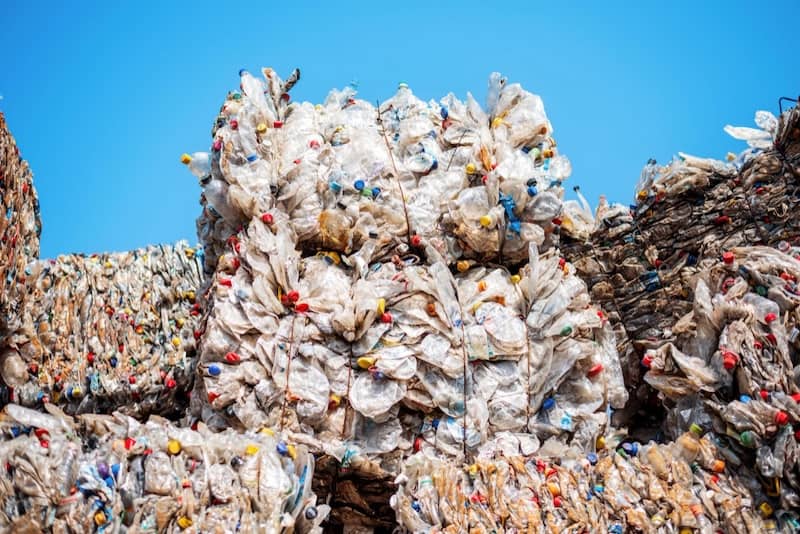Many of us want to make more money. While YouTubers, market experts, and crypto entrepreneurs seem to achieve financial independence with ease, keeping up with these trends can be like trying to walk in all directions at once and getting nowhere fast. Funneling your efforts into one venture takes focus. Choosing a specific niche is the best way to gain momentum.
Tire recycling may sound like an obscure, back alley industry, but it is actually a perfect example of a winning business strategy. The first step to generating profit through a small business is to avoid overly broad and hyper-competitive industries.
If you think tire recycling is not a reliable way of making money, put that assumption on hold while we address the golden question: Is tire recycling profitable?
The answer to whether recycling tires is profitable or not isn’t a simple yes or no. Many tire recyclers are successful, but that doesn’t mean everyone that starts a recycling line will be. The difference between a successful tire recycling business and a bankrupt one comes down to a few factors:
End product
Most businesses are named after what they sell. Toyota is a car company, and Lululemon is an apparel company. Interestingly, we call recycling businesses after the product they recycle rather than the product they sell. While this can be considered solid brand marketing, from an entrepreneurial perspective, this is a critical error. It focuses your efforts on obtaining the tires and breaking them down, neither of which produce revenue.
In order to grow a successful recycling business, you need to sell recycled rubber products like rubber mats, artificial turfs, TDF, or rubber powder. See yourself as an artificial turf supplier or a rubber goods company, not only a tire recycling company. This mindset shift is vital to profitable tire recycling.
Time
Time in the business significantly determines how readily your company can bring in profit. Established tire recyclers will find many aspects of operating easier and less expensive. For example, a long-term tire recycler will be able to:
- Source waste tires easily
- Streamline their recycling line
- Connect with more end-product clients
- Understand the market demands
- Specialize in niche tire recycling (eg. OTR Recycling)
While start-ups can certainly optimize to achieve these same benefits in the early days, more often than not, these things take time to iron out. Once your business has reached a rhythm, profit will flow. However, rhythm might only come after a few years.
Time as an operational plant also means you’ve likely paid off your initial investments in tire shredders, granulators, and conveyor belt equipment. Initially, like almost every business, the costs will outweigh the returns.
Scale
The size of a tire recycling line determines how many tires it processes per hour. As the amount of input determines the output, a larger recycling plant will produce more marketable products. While a larger system also costs more to build, it often requires a similar cost to run as a smaller outfit.
You can scale up your recycling system by investing in equipment, like primary shredders, that process more per hour. Or by purchasing more shredders to run side by side. Another essential part of increasing scale is sourcing more waste tires. Becoming the main drop-off for waste tires in your area is a massive asset to your business.
Reliability
How often does your recycling line halt or become blocked? How quickly are issues addressed?
A recycling plant with minimal downtime has the best chance of generating profit. This is because:
- The downtime decreases the output of your line
- Less downtime indicates the equipment is processing the tires well, leading to a quality final product
- It costs money to hire engineers and purchase new parts
Are you interested in the most reliable waste tire recycling equipment in the industry? ECO Greens’ exceptional range of shredders, granulators and conveyor belt equipment is explicitly designed for shredding tires quickly and reliably. While you may be tempted by multi-purpose machines, these are less reliable than industry-specific machinery in practice. Keep true to your initial niche business plan and invest in the best.
A couple of ideas for entrepreneurs:
- Work in the industry. While finding your footing as an entrepreneur, it can be valuable to spend time working in the industry to understand the overall flow of the business and get to learn what makes a good recycling company tick. As a low-level employee, you will often be able to see where money or efficiency is squandered and get ideas for your business efforts.
- Learn more about tire recycling. This article covers some of the basic factors behind profitable tire recycling. If you are serious about starting a business, there’s a whole world of ideas, innovations, and processes to discover. The biggest obstacle between you and a successful recycling business is taking the first step and making a start.




